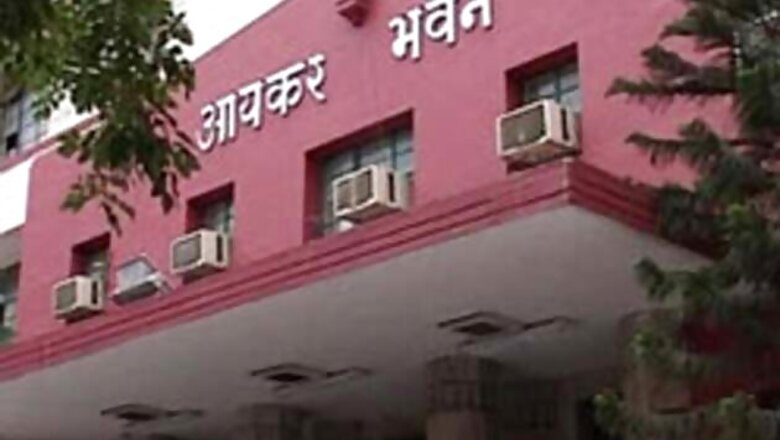
views
New Delhi: Providing comfort to worried foreign investors, Finance Minister Pranab Mukherjee on Wednesday said that the Income Tax Department will not reopen cases where assessment proceedings had been finalised before April 1, 2012.
"I gave a commitment in Parliament with regard to retrospective amendments that CBDT (Central Board of Direct Taxes) will issue a policy circular to clarify that in cases where assessment proceedings have become final before first day of April 2012... such cases shall not be reopened. Now CBDT has issued a circular in this regard," he said while inaugurating Pratyaksh Kar Bhawan in Delhi.
Mukherjee, in the Budget 2012-13, proposed to amend the Income Tax, 1961 with retrospective effect to tax Vodafone-type merger and acquisition deals done overseas that involve domestic assets.
These amendments, which came into effect with the President giving assent to the Finance Bill, 2012, had raised concerns among investors about reopening of the old cases.
Referring to issues concerning transfer pricing, Mukherjee said he had constituted an advisory group to deal with international taxation, especially multi-level tax deduction at source (TDS) on software companies.
"I have constituted an advisory group to resolve various issues in the area of transfer pricing and international taxation. The group has held its first meeting on May 25.
"On advise of group and Nasscom, I have approved issuance of a circular to avoid multi-level TDS on software under section 194 J (of the Income Tax Act). This will remove hardship in case of software distributors," Mukherjee added.
Section 194-J of the I-T Act deals with fees for professional and technical services and covers royalty and non-competence fees.
Multinational companies resort to transfer pricing to shift profits from high-tax countries to low-tax jurisdictions with a view to reducing overall tax liability.
Talking about the economic issues, Mukherjee said, India is also confronting the same problems as the world economy and underlined the need for fiscal consolidation.
At the bottom of the global crisis is tendency to spend more than the capacity to spend, he said.
"As individual is expected to live within its means, the state is also expected to live within its means... There comes the question of fiscal consolidation to maintain the fiscal discipline through proper revenue realisation to disburse it judiciously and of course spend it judiciously," he added.
In the Budget 2012-13, Mukherjee had proposed to bring down the fiscal deficit to 5.1 per cent of the Gross Domestic Product (GDP) from 5.9 per cent during the previous fiscal.




















Comments
0 comment